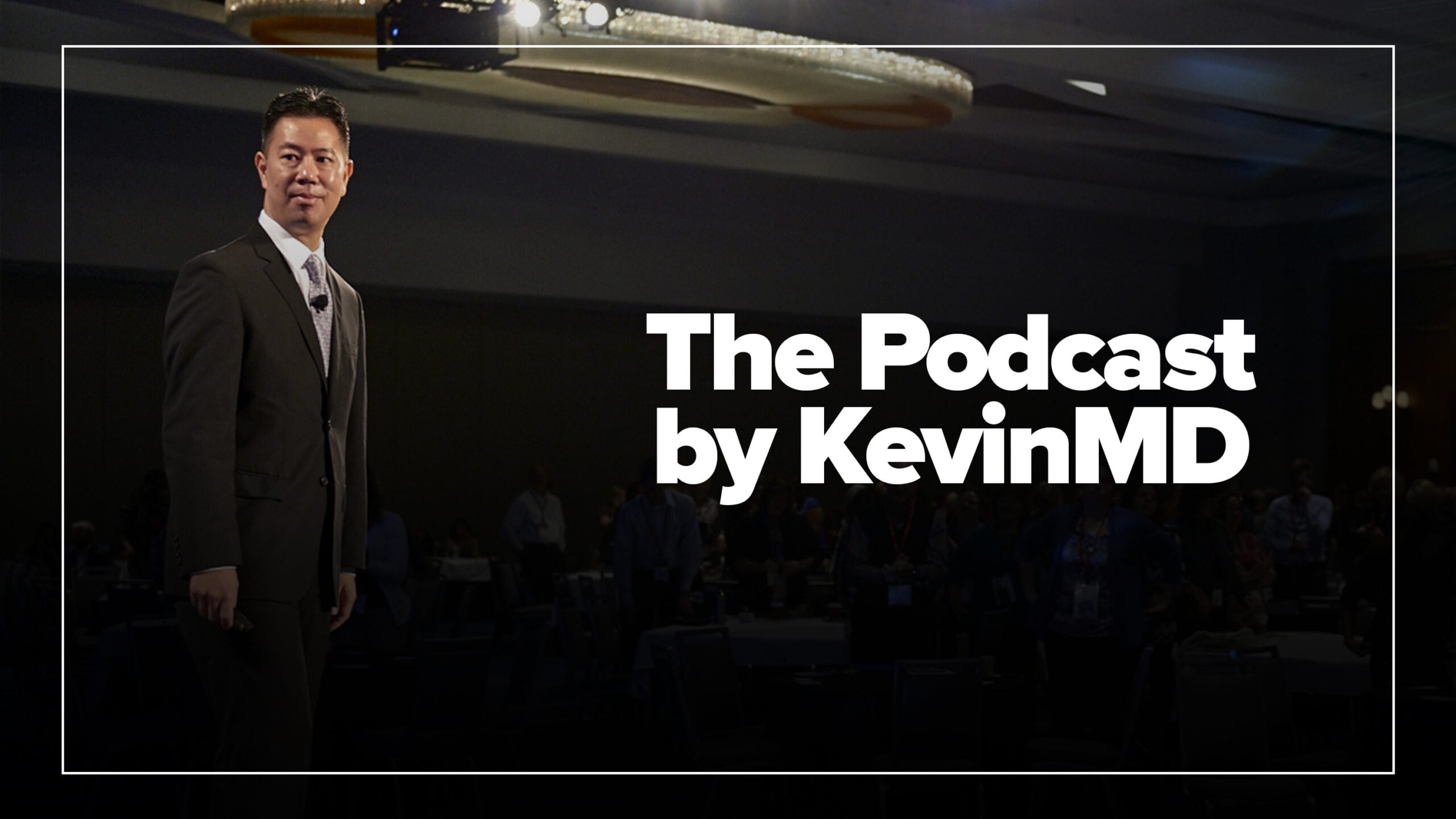Conflicts of Interest Eroding Trust in U.S. Health Agencies
In recent years, public trust in U.S. health agencies has markedly declined, largely due to rising concerns over conflicts of interest. Prominent health organizations like the FDA and CDC have faced scrutiny for their ties to the pharmaceutical industry, raising important questions about their ability to uphold public health standards.
The Impact of the Prescription Drug User Fee Act (PDUFA)
One pivotal moment in this narrative was the introduction of the Prescription Drug User Fee Act (PDUFA) in 1992. This legislation permits drug manufacturers to directly fund certain aspects of the drug approval process, subsequently allowing industry stakeholders to exert significant influence over regulatory bodies. The implications of PDUFA are profound; as funding sources shift, so too does the integrity of the regulatory framework designed to protect public health.
Historical Context and Key Figures
The FDA has witnessed a succession of commissioners with glaring financial ties to pharmaceutical companies. For instance, former commissioners like Dr. Scott Gottlieb and Dr. Robert Califf had numerous financial links to major drug manufacturers. Such overlapping interests create a systemic problem—how can one effectively regulate an industry that they are financially connected to? The issue isn’t limited to just the FDA; the CDC is similarly affected, particularly through its partnerships with private entities via the CDC Foundation.
The CDC Foundation and Its Role
The CDC Foundation operates as a conduit for private donations to the CDC, creating avenues through which external influences can shape public health policy. This funding can compromise the integrity of health messaging and regulatory decisions, especially if donors have vested interests in particular outcomes. Several CDC directors have also faced scrutiny over their past connections to the pharmaceutical industry, which further complicates public perception.
The Revolving Door Phenomenon
An alarming trend is the “revolving door” between industry and government. Many current and former leaders within the FDA and CDC transition to lucrative positions in the pharmaceutical industry, often returning to government roles. Julie Gerberding, a former CDC head, exemplifies this pattern; after leaving the agency, she took a position with Merck and later returned to a senior role at the NIH. This cycle not only fuels public skepticism but also raises ethical questions about the motivations influencing decision-making at the highest levels.
Transparency and Regulation Challenges
Though there are mechanisms for officials to recuse themselves from decisions where conflicts exist, transparency remains inadequate. Conflicts of interest often only emerge after the fact, leading to mistrust in the very institutions designed to safeguard public health. Efforts to hold officials accountable have been less robust than needed, as evidenced by the lack of serious repercussions for individuals highlighted for conflicts.
The Role of Pharmaceutical Lobbying
Pharmaceutical lobbying has permeated Congress, with reports suggesting there are three lobbyists for every member of Congress. This overwhelming presence significantly impacts legislative decision-making. Concerns are compounded by the pervasive nature of direct-to-consumer advertising, which has led to increasing numbers of individuals relying on pharmaceuticals for various ailments, often without understanding the underlying influences at play.
Shaping Awareness and Future Action
Recognizing the influence of the pharmaceutical industry on public health perceptions is crucial. It’s not just about understanding drug efficacy but also about discerning whose interests are truly being served—those of the public or those of powerful industry players. As awareness grows, the call for reform and a return to more ethical standards in public health governance becomes increasingly urgent.
The Path Forward
Addressing these conflicts of interest will require comprehensive reforms, starting with increased oversight on funding sources and heightened transparency in the decision-making processes of health agencies. Public awareness campaigns can mobilize citizens to demand accountability and reform in health policies that disproportionately favor industry interests over genuine public health needs. Understanding the full scope of influence wielded by the pharmaceutical industry can empower individuals to advocate for more responsible and ethical governance within our health agencies.
This exploration into conflicts of interest reveals a complex web of relationships that challenge the integrity of U.S. health organizations. As the public becomes more educated on these issues, a collective push for reform may ultimately restore trust and enhance the efficacy of health institutions.


